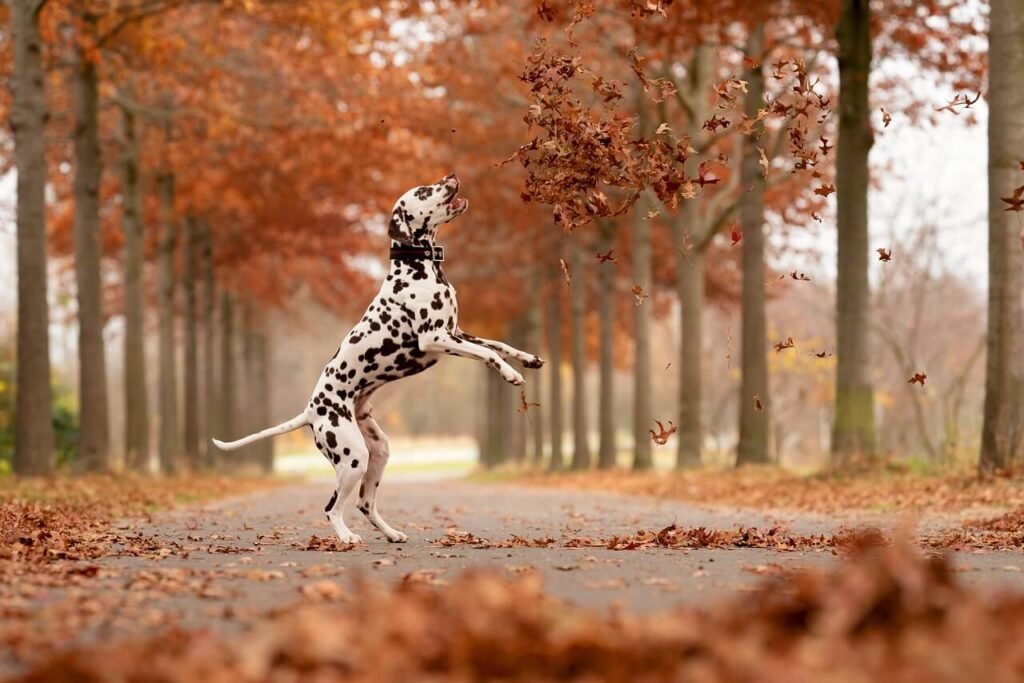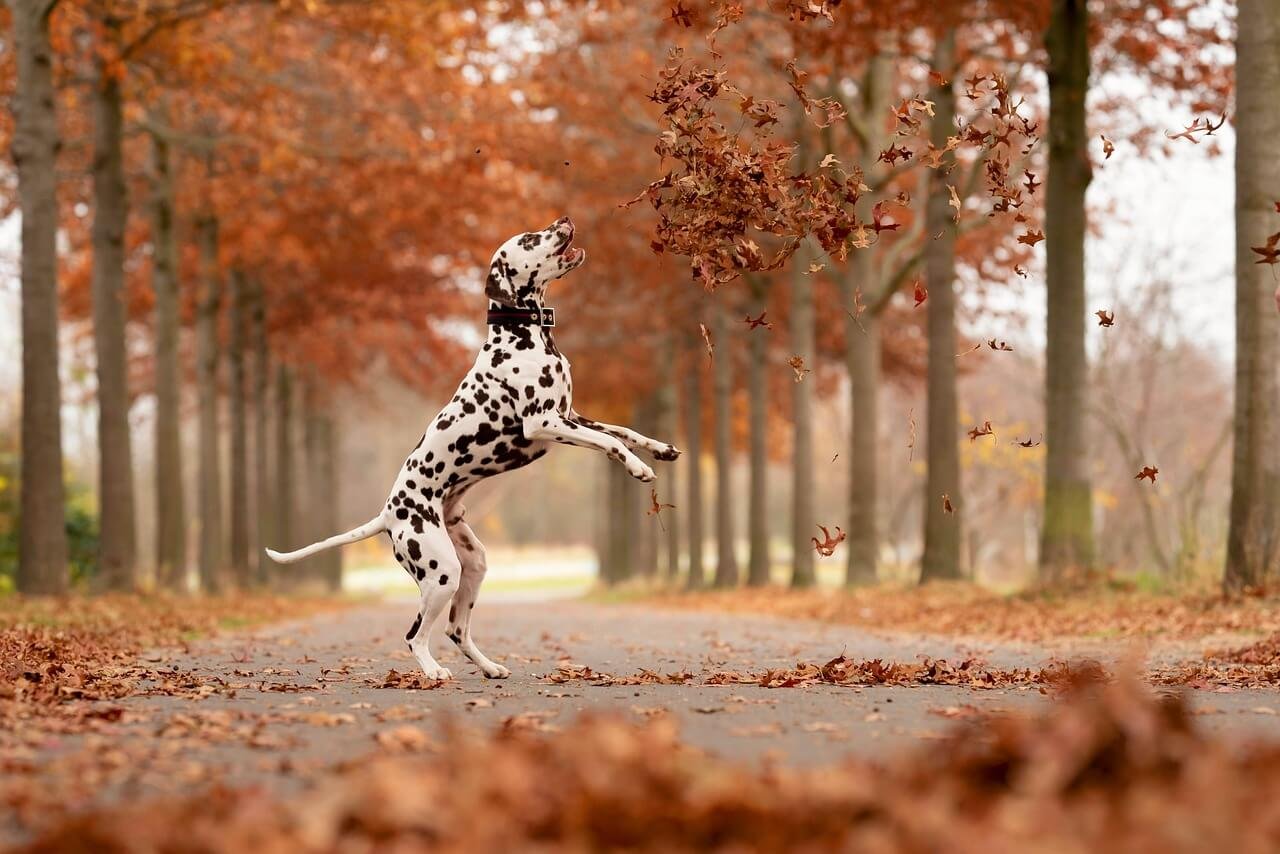Why My Dog Ignores Dog Food but Eats Human Food: Best 7 Tips!
As a dog owner, it can be frustrating and concerning when your furry friend turns their nose up at their regular food but eagerly devours anything you’re eating. This behavior is not uncommon, but it often leaves pet parents scratching their heads. Is your dog simply being picky, or could there be something more serious going on? In this blog post, we’ll explore the reasons behind this puzzling behavior, offer practical solutions, and help you ensure your dog stays healthy and happy while enjoying mealtime.
Common Reasons Why Dogs Prefer Human Food
Many dogs find human food irresistible, but understanding why they prefer it over their own meals is essential to addressing the issue. Here are some common explanations for this behavior:
Stronger Smell and Flavor :
Human food often contains ingredients like garlic, onions, or spices that create a stronger aroma and taste compared to bland commercial dog food. Dogs rely heavily on their sense of smell, so these scents can be incredibly enticing.Novelty Factor :
Dogs are naturally curious creatures. If they are fed the same type of food every day, they may become bored and seek variety by gravitating toward human meals.Conditioning Through Rewards :
If you’ve ever given your dog a bite of your food as a treat or reward, they may have learned to associate human food with positive experiences.Higher Fat Content :
Many human foods are rich in fats, which are both flavorful and energy-dense. Dogs instinctively crave high-fat foods because they provide quick bursts of energy.Attention Seeking :
Sometimes, dogs refuse their own food simply to get attention from their owners. They quickly learn that rejecting their kibble leads to extra interaction during meal prep or dinner time.
Understanding these factors can help you identify whether your dog’s preference for human food is driven by curiosity, conditioning, or something deeper. By addressing these root causes, you can encourage healthier eating habits.
Signs Your Dog May Not Be Eating Due to Health Issues
If your dog consistently refuses their food but happily munches on human snacks, it might indicate an underlying health problem. Here are signs to watch out for:
Sudden Loss of Appetite :
A sudden disinterest in their usual food could signal pain, nausea, or gastrointestinal issues.Weight Loss :
If your dog is losing weight despite eating human food, it could point to nutritional deficiencies or digestive problems.Lethargy or Behavioral Changes :
Dogs who seem unusually tired or irritable may be dealing with discomfort that affects their appetite.Vomiting or Diarrhea :
Digestive upset can make dogs reluctant to eat their regular meals, especially if they associate certain foods with feeling unwell.Dental Problems :
Painful gums, broken teeth, or infections can make chewing dry kibble uncomfortable, leading them to prefer softer human foods.
If you notice any of these symptoms, it’s important to consult your veterinarian. Addressing potential health concerns early can prevent bigger issues down the line.
Check this guide 👉Why Is My Dog Not Eating but Still Drinking Water? Best 7 Tips!
Check this guide 👉Why Is My Dog Scooting Their Butt on the Floor? Best 7 Tips!
Check this guide 👉Why Your Dog Does Not Want to Walk: Best 7 Expert Tips!

Possible Causes | Practical Solutions |
|---|---|
Boredom with current food | Rotate between different flavors or brands |
Preference for strong flavors | Add small amounts of safe, flavorful toppings |
Learned behavior from rewards | Avoid feeding table scraps altogether |
Underlying medical condition | Schedule a vet check-up |
Dental discomfort | Provide dental chews or switch to wet food |
Tips to Encourage Your Dog to Eat Their Own Food
Transitioning your dog back to their regular diet doesn’t have to be stressful. With patience and consistency, you can retrain their preferences. Here are some tips to try:
Stick to a Routine :
Feed your dog at the same times each day to establish a predictable schedule. Dogs thrive on routine, and this can reduce anxiety around mealtime.Limit Access to Human Food :
Keep your meals out of sight and avoid giving your dog tidbits while you cook or eat. Consistency is key to breaking bad habits.Enhance Their Food :
Mix in small amounts of safe, dog-friendly ingredients like plain cooked chicken or pumpkin puree to make their meals more appealing.Use Puzzle Feeders :
Engage your dog’s mind by using interactive feeders or toys that dispense kibble. This adds excitement and mental stimulation to mealtime.Practice Portion Control :
Ensure you’re not overfeeding your dog outside of mealtime. Hunger can motivate them to eat their designated food.
By implementing these strategies, you can gradually shift your dog’s focus back to their intended diet without causing stress or frustration.
Foods You Should Never Share With Your Dog
While it’s tempting to share your plate with your pup, many human foods are toxic or harmful to dogs. Here’s a list of items to avoid:
Chocolate :
Contains theobromine, which is toxic to dogs and can cause seizures or heart problems.Grapes and Raisins :
Even small amounts can lead to kidney failure in some dogs.Onions and Garlic :
These can damage red blood cells and lead to anemia if consumed regularly.Avocado :
Contains persin, which can upset a dog’s stomach and lead to vomiting or diarrhea.Alcohol :
Even small quantities can result in poisoning, respiratory distress, or coma.
Feeding your dog inappropriate human foods not only reinforces picky behavior but also puts their health at risk. Always prioritize their safety by sticking to vet-approved options.
Understanding Your Dog’s Natural Instincts
Dogs are descendants of wild ancestors, and their eating habits are still influenced by natural instincts. While domestication has changed many aspects of their behavior, some primal preferences remain. Here’s how these instincts might affect their food choices:
Scavenger Behavior :
Dogs are naturally opportunistic scavengers. In the wild, they would eat whatever was available, including scraps from human settlements. This instinct can make them drawn to human food.Preference for Variety :
Wild dogs didn’t rely on a single food source. They adapted to different diets depending on availability, which explains why your dog might crave variety in their meals.Hunting for Rewards :
The thrill of finding food in unexpected places triggers their hunting instincts. When you offer table scraps, it mimics this rewarding experience.
By understanding these innate behaviors, you can better manage your dog’s expectations and work toward healthier eating patterns. Addressing these instincts with structured feeding routines can help curb unwanted habits.
Training Techniques to Redirect Focus
Training plays a vital role in shaping your dog’s relationship with food. Positive reinforcement and consistency are key to redirecting their focus from human food to their own meals. Here are some techniques to try:
Ignore Begging Completely :
If your dog begs during meals, avoid eye contact or speaking to them. Reward calm behavior instead, such as sitting quietly away from the table.Reward Good Mealtime Habits :
Praise your dog enthusiastically when they eat their food without hesitation. A simple “good dog” or a pat can reinforce positive behavior.Use Treats Strategically :
Reserve high-value treats for training sessions rather than mealtime distractions. This helps maintain the distinction between snacks and meals.Teach “Leave It” Commands :
Train your dog to respond to commands like “leave it” when they show interest in human food. Practice regularly to reinforce the behavior.
Consistent training not only improves your dog’s eating habits but also strengthens your bond. Over time, these techniques will help your dog associate their food with positive experiences.
Nutritional Gaps in Human Food
While human food may seem appealing to your dog, it often lacks the balanced nutrition they need to thrive. Feeding them inappropriate foods can lead to deficiencies or health issues over time. Here’s what you should know about the nutritional gaps in human food:
Imbalanced Macronutrients :
Many human foods are high in fats and carbohydrates but low in protein, which is essential for muscle maintenance and overall energy.Lack of Essential Vitamins :
Commercial dog food is formulated to include vitamins like A, D, and E, which are critical for immune function and skin health. Human food often doesn’t provide these in adequate amounts.Excessive Sodium Content :
Processed human foods are typically high in salt, which can strain your dog’s kidneys and lead to dehydration over time.Missing Minerals :
Key minerals like calcium and phosphorus, crucial for bone health, are carefully balanced in dog food. Human food rarely meets these needs.Risk of Allergens :
Common human ingredients like wheat, dairy, or soy can trigger allergies in sensitive dogs, causing digestive upset or skin irritations.
Understanding these nutritional gaps highlights the importance of sticking to a diet designed specifically for your dog. Providing them with proper nutrition ensures they stay healthy and energetic for years to come.
FAQ
Why does my dog beg for food even after eating?
Begging is often a learned behavior. If rewarded with food in the past, your dog will continue to seek attention at mealtime.
Can I mix human food with my dog’s kibble?
Yes, but only in moderation and with vet-approved ingredients. Too much human food can unbalance their diet.
Is it normal for my dog to skip meals occasionally?
Occasional fasting is normal, but persistent refusal to eat should be evaluated by a vet.
What should I do if my dog eats something toxic?
Contact your vet immediately or call an animal poison control hotline for guidance.
How long should I wait before trying a new food?
Give your dog at least 7–10 days to adjust to a new food before deciding if it works for them.
Final Thoughts: Building Healthy Eating Habits for Your Dog
Helping your dog develop healthy eating habits requires patience, consistency, and sometimes professional guidance. Whether the issue stems from boredom, learned behaviors, or underlying health concerns, addressing the root cause is crucial. Remember, providing balanced nutrition tailored to your dog’s needs ensures they remain energetic, happy, and thriving. By staying mindful of what—and how—you feed your furry companion, you’re investing in their long-term well-being. After all, a satisfied dog is a joyful addition to any family!
Cat Anaphylactic Shock Treatment Costs: Best 7 Expert Tips! – Learn about costs, treatments, and financial aid options to save your cat’s life.
Exocrine Pancreatic Insufficiency in Cats: Best 7 Tips! – Learn to spot symptoms, manage EPI effectively, and improve your cat’s quality of life with expert advice.
Cost of Dog Anaphylactic Shock Treatment: Best 7 Tips! – Learn about emergency costs, financial planning, and ways to manage expenses for your dog’s care.
Exocrine Pancreatic Insufficiency in Dogs: Best 7 Tips! – Learn to spot symptoms, manage EPI effectively, and improve your dog’s quality of life with expert guidance.





